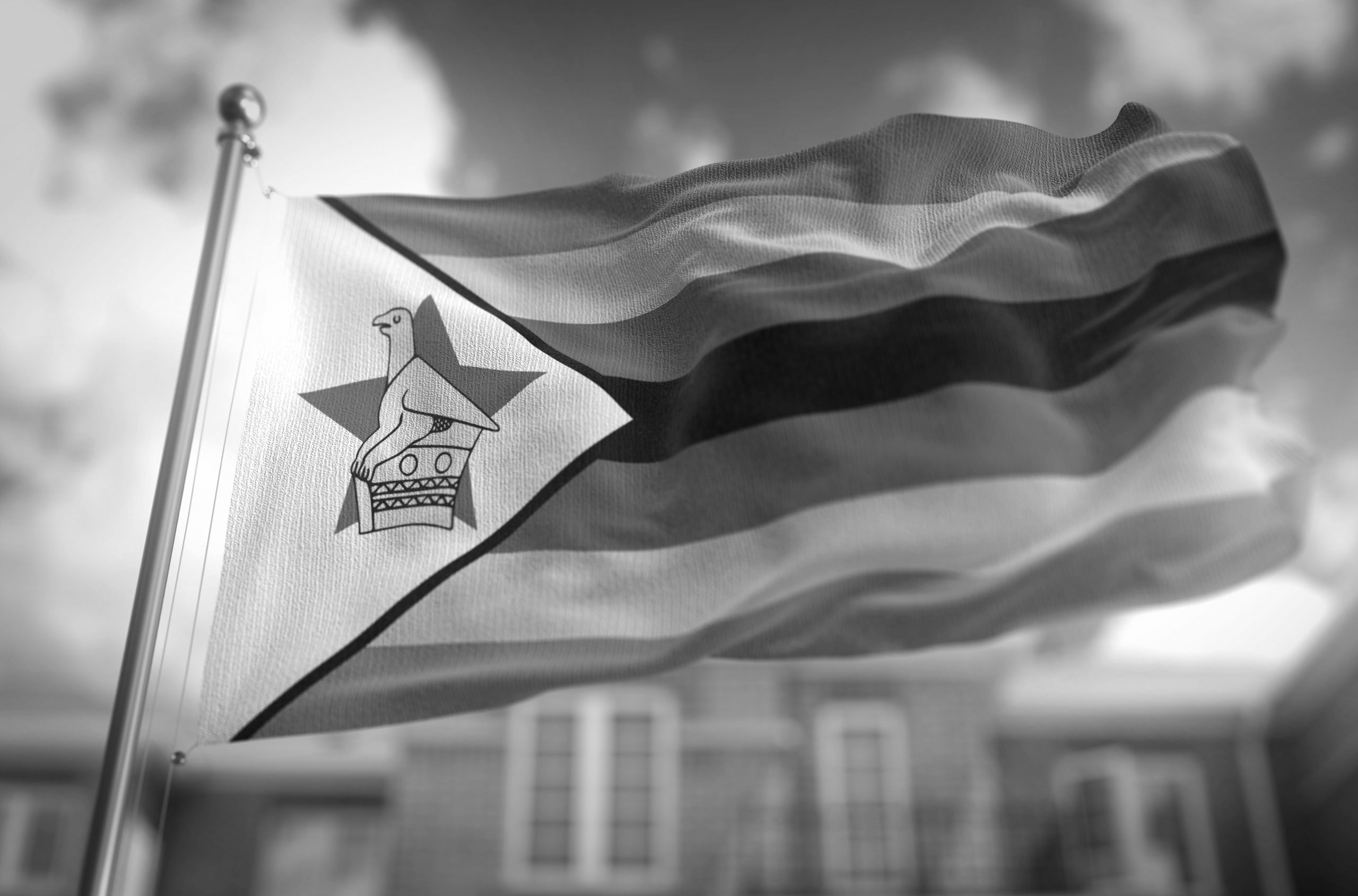President Robert Mugabe announced his resignation on Tuesday 14 November after 37 years in power, the last three of which included the dismissal of vice-presidents and ruling party stalwarts: Joice Mujuru in 2014 and most recently, Emmerson Mnangagwa. At the time of writing, although Acting First Vice President Phelekezela Mphoko was nominally still in place at the time of Mugabe’s resignation, Mnangagwa was sworn in as his (interim) successor on Friday 24 November.
Would-be seers have been predicting the end of the Mugabe era since the mid-80s at least. However, prior to the country’s most recent succession machinations, few will have expected Mnangagwa and General Constantino Chiwenga to be its authors. From the 1966-79 liberation war, to Ndebele massacres in 1983-4, to land invasions in 2000 and post-election political violence in 2008, armed forces and militaristic interest groups have consistently played in Zimbabwean political currents. However, hitherto, Mugabe had been able to direct or ride those waves to his advantage. Today of course, he has not. While significant constituencies in Harare and abroad celebrate this new status, there are reasons to remain sober.
Setting expectations
Now that Mugabe has resigned, one may look to the constitution for indications on the transfer of power going forwards. Now that Mnangagwa is in place, elections for his ultimate successor are expected to be held before July 2018 – the previously scheduled end of Mugabe’s term of office. Beyond that, timetables and processes are unclear.
Political realities are paramount even over the constitution. Note that Mnangagwa, instead of the then-sitting VP Phelekezela Mphoko, is now President. Rather than a broad political reform, the present moment is a direct response to attempts to consolidate power around the former president’s wife, Grace Mugabe. In fact, Mnangagwa has been central to ruling Zimbabwe African National Union Patriotic Front (ZANU-PF) policies including its most problematic alleged abuses. He remains under US sanction.
Moreover, politicians from the fractious opposition were not party to the coup-that-was-not-a-coup, nor the sackings of major ruling party figures that preceded it. Parliament threatened to impeach Mugabe and protestors were in the street demanding his resignation last Saturday. Otherwise however, domestic civil society organisations and regional bodies such as the African Union (AU) and the Southern African Development Community (SADC) have also been absent from the process. China, the United States, the United Kingdom and the wider international community are primarily observers also.
It is possible that ZANU-PF will reach across the aisle to its opponents but this would defy a world view and approach fashioned in the campaigns for liberation and institutionalised in the decades since.
Plus ca change
In other words, Zimbabwe remains outside the ‘open democracy’ status of countries such as Mauritius, Senegal, Botswana or Ghana. In fact, in removing Mugabe from power, a faction of the ZANU-PF establishment (securocrats and Mnangagwa loyalists) has shown how far it is willing to go to maintain power.
Consolidation rather than reform is the goal, at least in the near term. As such, for ZANU-PF, policy innovations to boost growth are necessary – given the crisis that has motivated an exodus of millions of Zimbabweans and acute liquidity constraints – but not where they may undermine that consolidation. Selective exemptions to motivate private sector investment and piecemeal reforms are more likely than a wholesale rewriting of constraints or previous transactions. In particular, the indigenisation and empowerment agenda will not likely disappear from the law books, banking, mining or agricultural industries. On the latter, tobacco production has gained ground from the lows following post 2000 land-redistribution and the policy has broad support. Given its implications for demand, that macro context is important even though the real estate sector does not face equivalent regulatory restrictions on foreign participation.
Outlook
The list of de facto/de jure Sub-Saharan Africa presidents for life continues to shrink.
Jose Dos Santos is no longer president in Angola after 36 years in power and Mugabe has been forced to call time in Zimbabwe after 37 years. However, political development is a highly differentiated path from country to country. Policies and risks surrounding Obiang Nguema in Equatorial Guinea, Paul Biya in Cameroon, and Paul Kagame in Rwanda for example, are not at all the same.
Meanwhile, for Zimbabwe, Mnangagwa has been sworn in and elections are to be held in or before July 2018. Looking forward, since the reforming moment is the most difficult one in which to maintain stability, realtor woes, to the extent that they are rooted in political uncertainty, remain.







